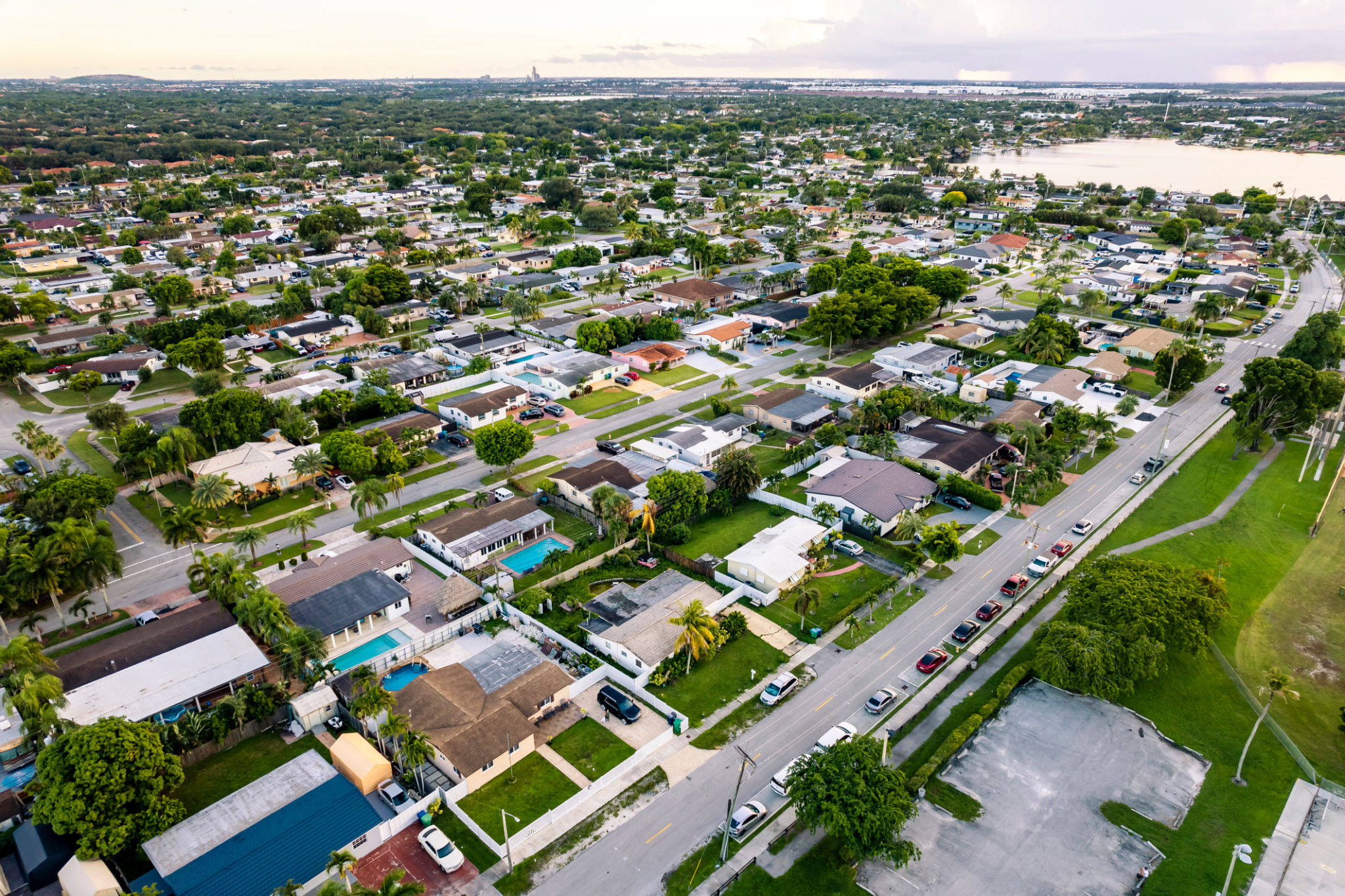How to Navigate Taxes and Licensing for Short-Term Rentals in Miami
Understanding Short-Term Rental Regulations in Miami
Miami, with its vibrant culture and stunning beaches, is a hotspot for short-term rentals. However, navigating the legal landscape for renting out properties on platforms like Airbnb can be complex. Understanding the specific regulations and requirements is crucial to running a compliant and successful short-term rental business in this city.

Licenses Required for Short-Term Rentals
Before listing your property, it’s essential to obtain the necessary licenses. In Miami, short-term rental hosts must secure a Business Tax Receipt (BTR) and a Certificate of Use (CU). The BTR functions like a business license, while the CU ensures your property meets zoning requirements.
Additionally, if your property is in a condominium, you may need approval from the condo association. Always check with local authorities to ensure compliance with any additional neighborhood or community-specific regulations.
Tax Obligations for Short-Term Rentals
Operating a short-term rental in Miami also involves understanding your tax obligations. Hosts are required to collect and remit a 6% Florida state sales tax and a 6% Miami-Dade Tourist Development Tax from guests. These taxes are crucial for maintaining compliance with state and local laws.

Many rental platforms automatically handle some of these tax collections, but as a host, it’s your responsibility to ensure all taxes are being collected and remitted accurately. Keeping detailed records of all transactions can help streamline this process during tax season.
Navigating Zoning Laws
Zoning laws in Miami can affect where you can legally operate a short-term rental. Certain residential zones may have restrictions or prohibitions on short-term rentals, especially in areas zoned for single-family residences. It’s important to verify that your property complies with local zoning laws to avoid fines or legal issues.

Managing Compliance and Avoiding Penalties
The penalties for non-compliance can be steep, including fines and potential legal action. Regularly reviewing local ordinances and staying informed about changes in regulations is vital for maintaining compliance. Joining local host groups or associations can be beneficial for staying updated on best practices and new legislation.
Conclusion: Ensuring a Smooth Rental Operation
Navigating the taxes and licensing requirements for short-term rentals in Miami might seem daunting, but with careful planning and due diligence, it can be manageable. By securing the necessary licenses, understanding tax obligations, and adhering to zoning laws, you can operate a successful and legal short-term rental business in this vibrant city. Always seek professional advice if you’re unsure about any aspect of your rental operations.
